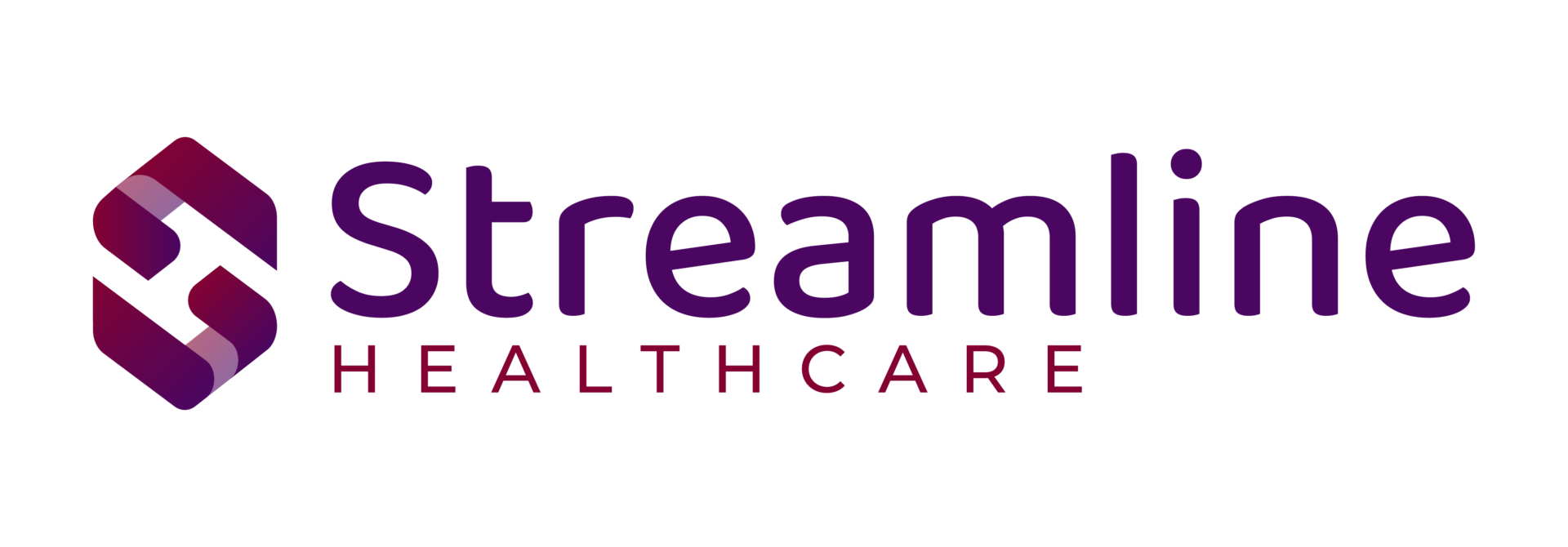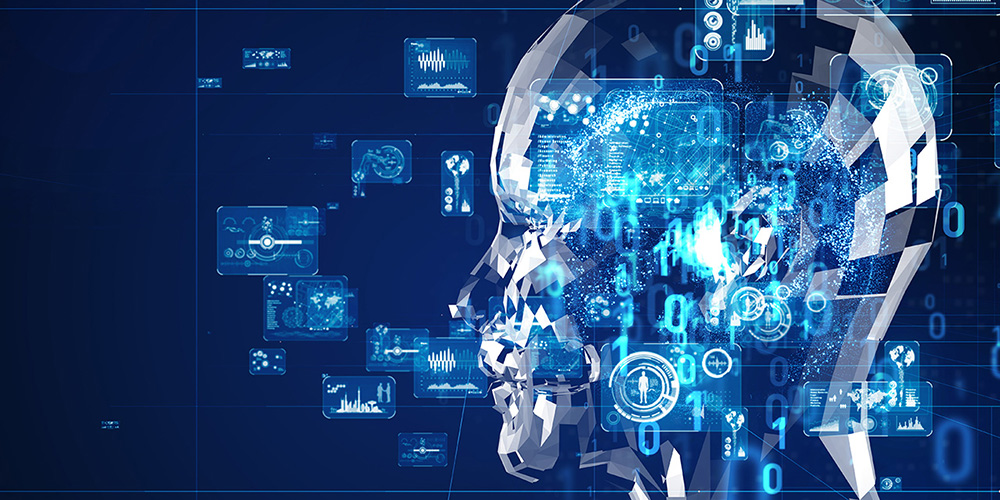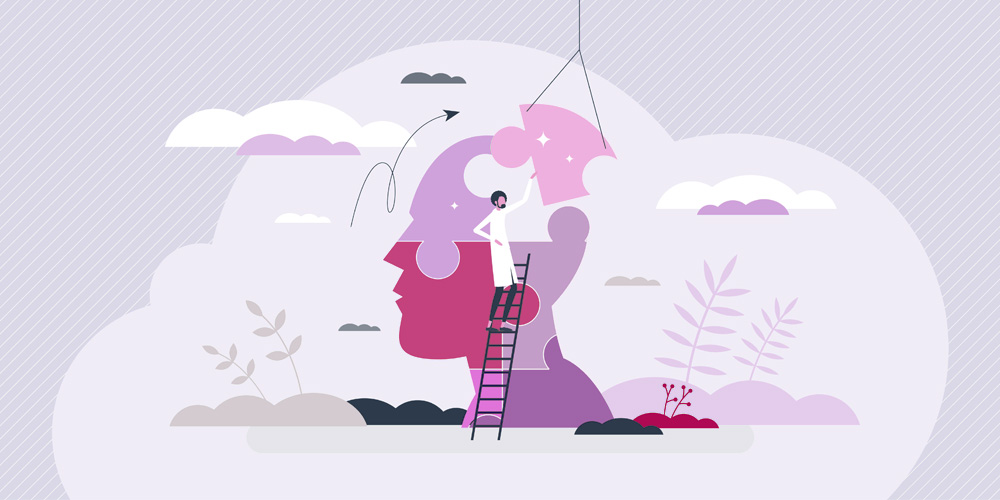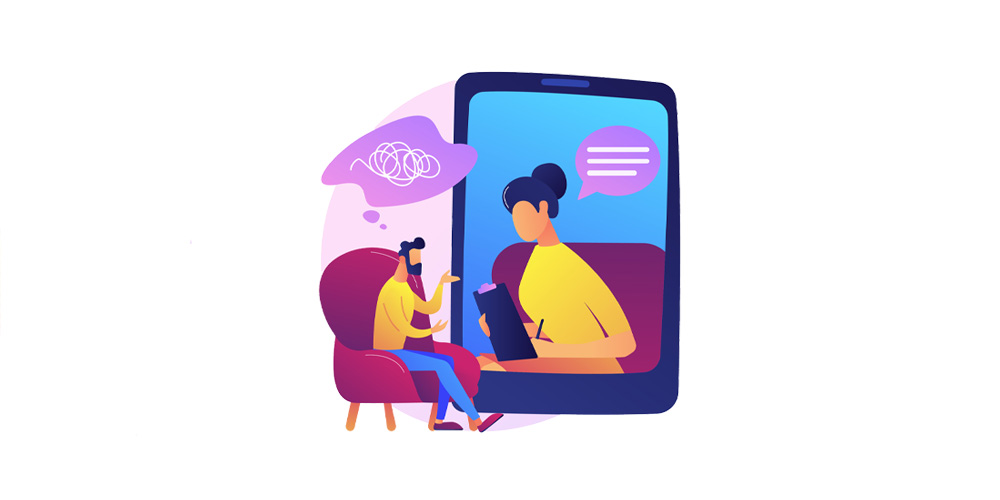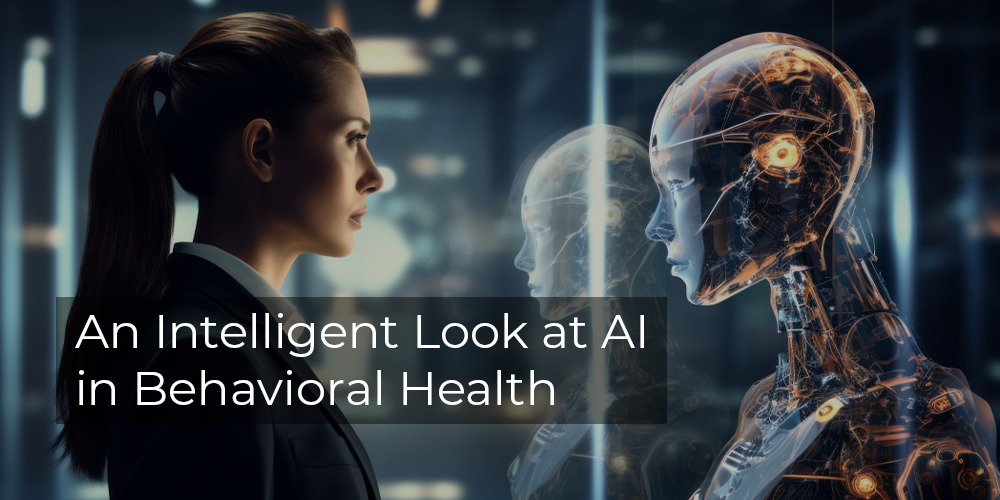With a rapidly growing need for better mental health care, easy accessibility for treatment sources is vital. Due to technology advances, there are more possibilities than ever to find client care in a reliable, secure way. According to a 2017 report published by Mental Health America, although more than 43 million Americans have a mental health condition, many of those individuals lack access to healthcare. As a growing epidemic that affects a vast number of people globally, innovative solutions are being developed and utilized to change the landscape of mental health care for the better.
From Telehealth to virtual care, solutions and physician expertise exist on multiple platforms. Mobile and virtual reality are upcoming treatment options that use built-in algorithms to deliver personalized content based on client preferences. Now, as resources for digital treatment expand, options exist to give better technology benefits for clients everywhere. For those people who lack the means to obtain treatment, technology represents a unique and cost-effective plan to treat behavioral health issues. There are many ways that technology benefits clients who have a mental health illness by making it more accessible to find a treatment source. In this blog, we share a few key aspects of how having reliable technology sources for mental health discussions is revolutionizing the face of modern medicine.
Care Coordination
Electronic Health Records (EHRs) have made medical records both easily accessible and safely stored in a database. They promote coordinated care more easily with a clinician, who can quickly go through a health history to gain a thorough understanding of each individual. Clients have access to their own personal portal (via the EHR), to view their information online. A client has the ability to look up their own medications, imaging studies, lab results and more. They can even work with their provider to set goals and monitor their progress.
With proper implementation, EHRs are capable of streamlining information, personalizing the experience for clients, and tracking client behavior and mental health state.
Information Access
The days of flipping through an outdated reference book for information are long gone. In today’s world, information technology improvements have drastically altered the search for reference information. Whether for clients looking for more background on their health conditions or clinicians doing research, finding the information is instantaneous through the right portal. Apps exist for physicians and clinicians to look for terms, drugs, and recommended care. Access is at one’s fingertips, meaning faster diagnosis, prescriptions, and treatment.
Communication Avenues
With Telehealth, communication with a health care provider can be done primarily through phone calls or video conferences. For clients who are unable to make the trip to an office or hospital, or for those who are anxious about an in-person appointment, Telehealth offers a more comfortable setting: wherever a client wants to be. While phone calls are popular options, video conferencing provides additional benefits. It fosters a human connection and bonding potential more efficiently, puts a face to both involved parties, and can help with diagnosis.
This technology can be used alongside in-person counseling. Through technology, accessibility to a counselor or physician can be 24/7. Whether through extended hours or constant availability, experts can reach clients, and vice versa, via text messaging, phone calls, audio messages and video conferencing. This is extraordinarily beneficial for those clients with depression or suicidal thoughts, who need outreach options immediately. It provides a sense of comfort and combates the feeling of being alone when someone is a mere button away.
Improved Client Experience
Having reliable technology leads to improved integrative care. Efficiency is increased, which improves the quality of care and safety for clients. There is a measurable impact through these technological advances, and they hold promise as a channel for improving access to mental health care.
Medical Error Reduction
Electronic prescriptions are replacing the need for a paper prescription written in a doctor’s notoriously bad handwriting. By allowing clinicians to send medication requests online, the potential for prescribing errors is greatly lessened. Taking the wrong medication can be a serious problem, and the chance of it occurring through technology is slim. Online access to a client’s own account is another benefit for technology. When one’s prescription refill is ready, a reminder alert will be sent as an email or text message, so the client is never without necessary medication.
Mental health technology is gaining momentum daily. Innovations continue to appear that will make mental health care a more beneficial and better instrument for countless people around the world. From developing nations to the local urgent care, its impact and reach are endless. Accessible treatment sources allow anyone and everyone to receive proper help through reliable communication channels. Technology advances in health care will not only benefit those who have a mental health illness, but revolutionize their ability to receive better care for a better tomorrow.
